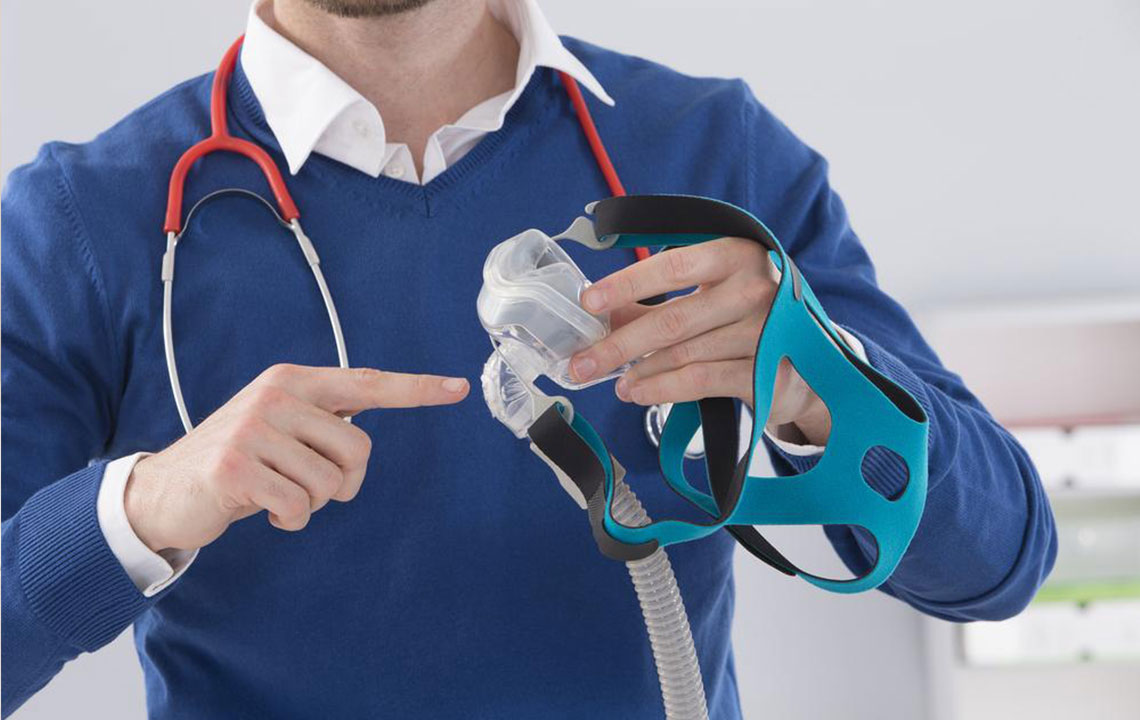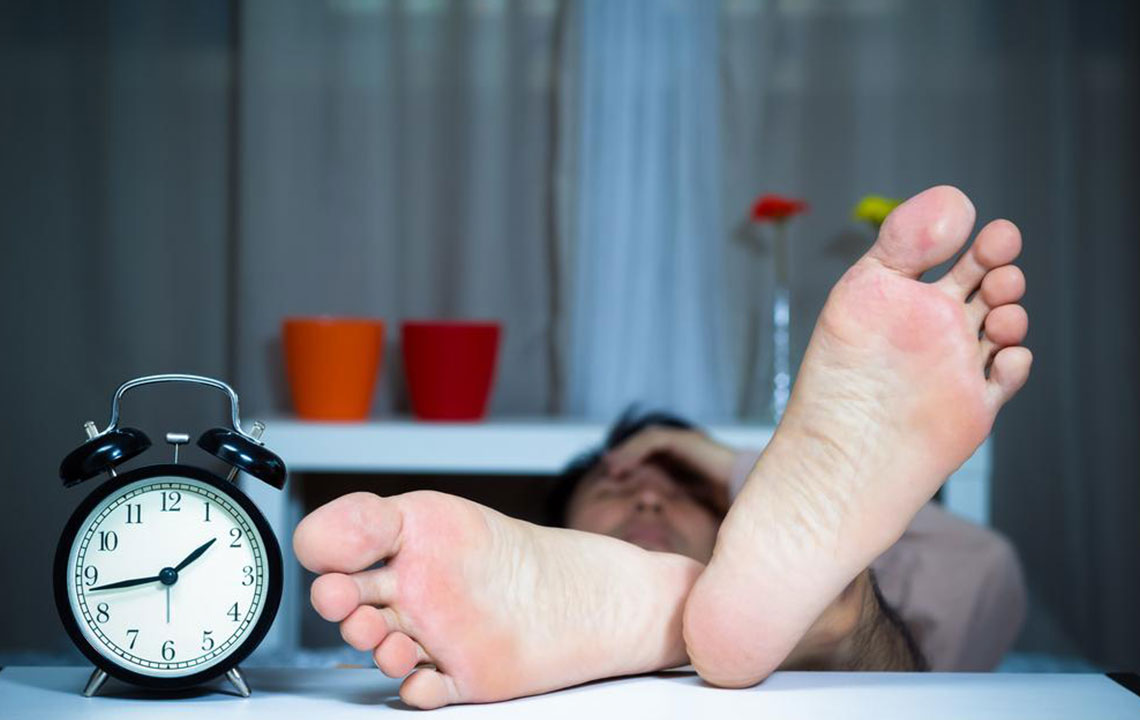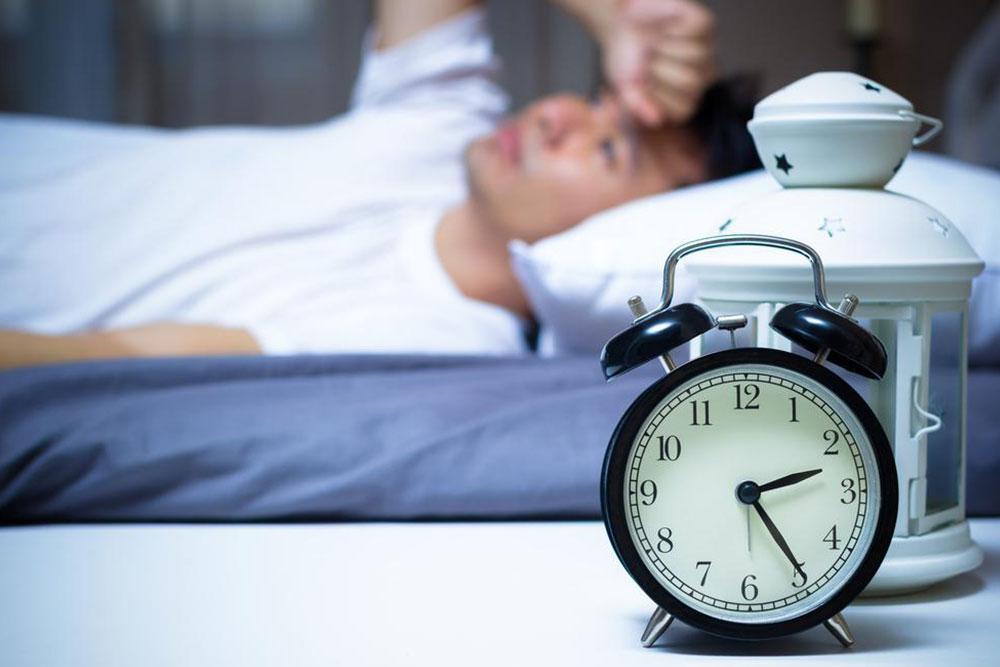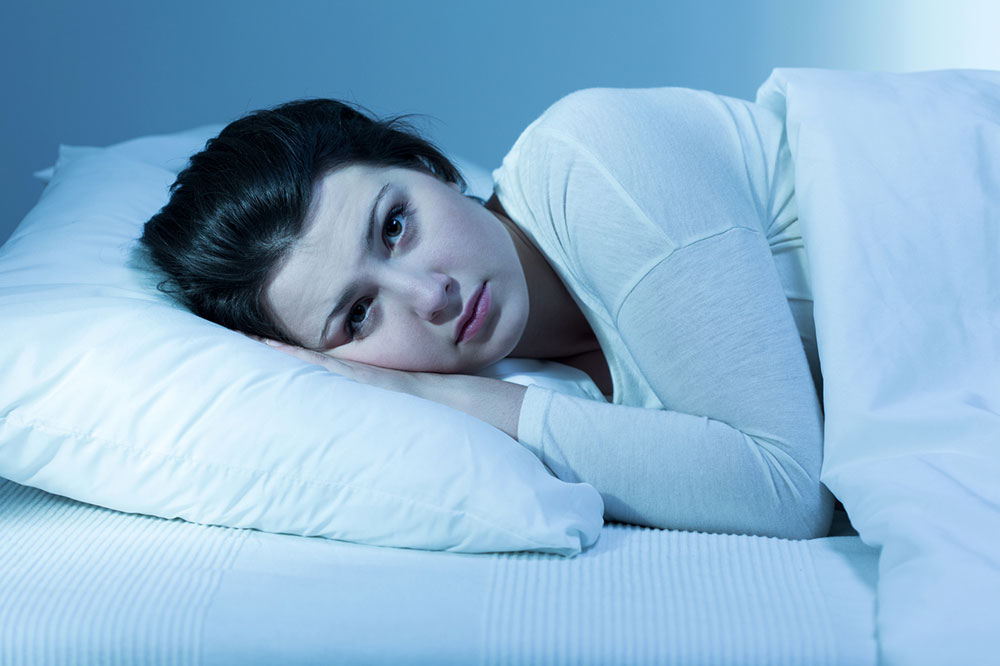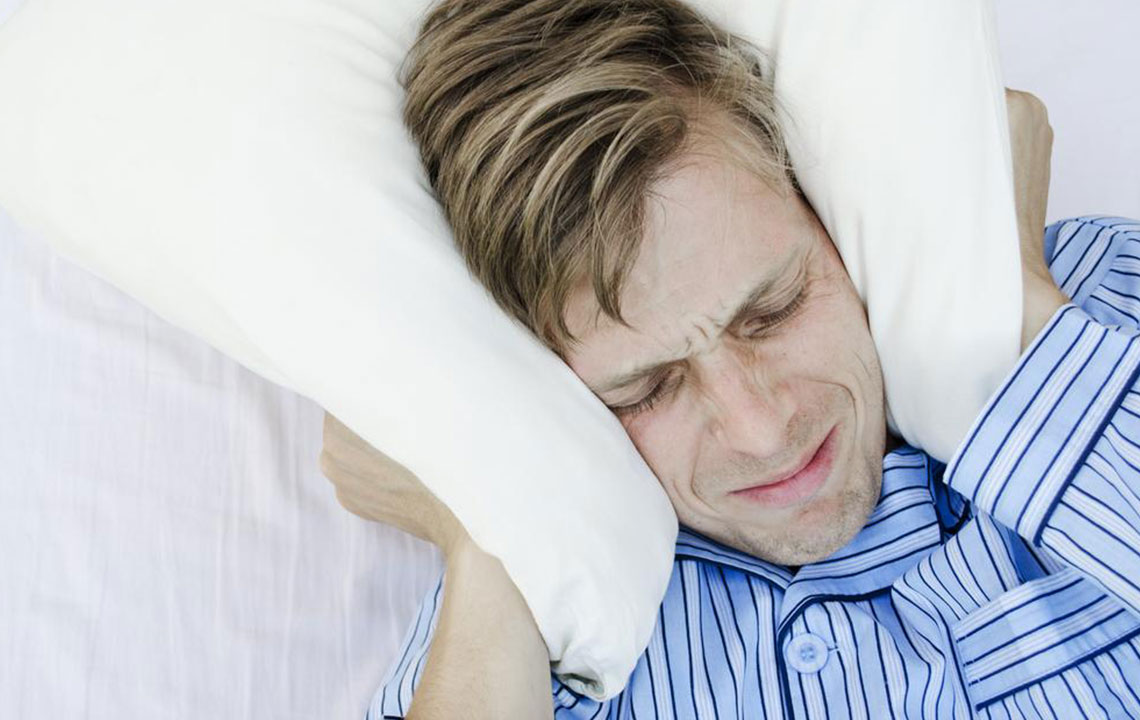Understanding and Managing Sleep Disorders: Essential Insights
Explore vital information on diagnosing and managing sleep disorders, including testing methods, treatment options, and lifestyle changes. Discover practical tips to enhance sleep quality naturally and improve overall health. Always consult healthcare professionals for personalized advice.

Understanding and Managing Sleep Disorders: Essential Insights
Diagnosing sleep disorders involves three key tests:
Genetic Blood Analysis: A blood test used to detect conditions such as narcolepsy and other underlying health issues affecting sleep.
Polysomnography: An overnight study monitoring oxygen levels, body movements, and brain activity to identify sleep disturbances.
Electroencephalogram (EEG): Records electrical activity in the brain to pinpoint causes of disrupted sleep.
Medication and Lifestyle Adjustments: Treatment depends on the underlying cause. Options may include sleeping aids, melatonin, allergy medications, breathing devices for sleep apnea, or dental guards. Lifestyle modifications, such as stress reduction and routine sleep schedules, further improve sleep quality and can enhance medication effectiveness.
To promote better sleep, limit caffeine, tobacco, and alcohol intake. Incorporate fruits, vegetables, and fish into your diet. Reduce stress and maintain a consistent sleep schedule. Avoid drinking large amounts of water before bedtime and consume low-carb foods in the evening. Consistency in sleep timing is vital; irregular patterns can lead to difficulty waking and increased stress during weekdays.
Additional Tips to Improve Sleep Health
Simple measures can also help reduce sleep disturbances:
Use battery-operated clocks nearby to minimize exposure to magnetic fields linked to sleep issues.
Turn off bedroom lights and unplug electronic devices that may interfere with sleep.
Avoid wireless gadgets such as phones and chargers to prevent immune system disruption.
Be cautious during thunderstorms; magnetic fields can affect appliances, possibly contributing to sleep problems or health risks.
Opt for non-metal beds, which preserve the earth's magnetic balance, supporting restful sleep.

